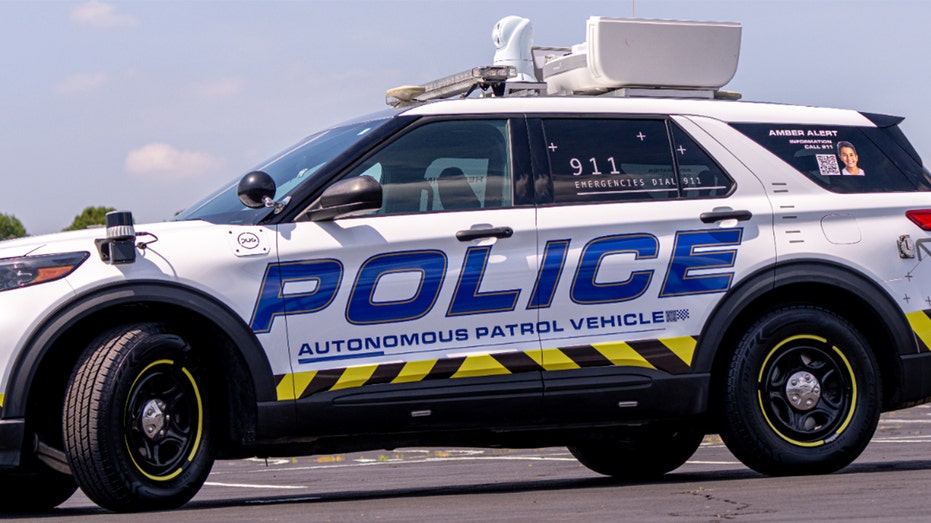Miami-Dade Deploys First Fully Autonomous Police SUV in Bold Crime-Fighting Experiment

The Miami-Dade Sheriff’s Office has launched an innovative pilot program that could revolutionize law enforcement practices across the United States. The department introduced the Police Unmanned Ground Vehicle Patrol Partner (PUG), claimed to be the nation’s first fully autonomous police SUV. Developed in partnership with the nonprofit Policing Lab and Perrone Robotics, this cutting-edge vehicle combines artificial intelligence, robotics, and surveillance technology to enhance public safety efforts.
The one-year trial aims to assess how autonomous vehicles can improve response times, deter crime, and optimize resource allocation. During testing, the PUG will operate on predefined patrol routes with a deputy present to oversee operations. Sheriff Rosie Cordero Stutz emphasizes that this initiative is about setting a standard for future law enforcement, blending technology with community service.
High-Tech Features and Capabilities
The autonomous SUV is equipped with a suite of advanced tools, including real-time integration with police databases, license plate recognition systems, and crime analytics software. Its 360-degree cameras and thermal imaging sensors allow it to monitor areas continuously, even in low-light or challenging conditions. The vehicle can deploy drones fitted with thermal cameras for aerial surveillance, expanding its operational scope during active incidents or large-scale investigations.
-
Verizon Commits to $20 Affordable Broadband in California to Secure Merger Approval

-
Chinese Hackers Breach U.S. Telecom Providers in Targeted Cyber Espionage Campaign

-
AI-Driven Deception: The MacOS Malware Disguised as Video Calling Software

-
Your iPhone May Be Hiding a Storage Thief: Discover the Duplicates Folder

Community Engagement and Transparency
A notable feature of the PUG is an interactive community tablet installed on the vehicle, enabling residents to communicate with the patrol unit and provide feedback during community events. This initiative aims to foster transparency, build trust, and educate the public on how autonomous law enforcement operates, helping bridge the gap between technology and community relations.
Implications for Future Policing
Proponents view the autonomous patrol as a “force multiplier” that automates routine patrols, increases situational awareness, and allows officers to focus on complex human interactions. The Miami-Dade Sheriff’s Office sees the vehicle as a supportive partner rather than a replacement for human officers. However, questions remain regarding privacy, data security, and the long-term financial costs, as future units could cost between $150,000 and $200,000 each.
The success of this pilot could position Miami-Dade as a national leader in autonomous policing. As the vehicle collects data on response times, deterrence effectiveness, and public perception, law enforcement agencies nationwide are watching closely. The deployment raises critical discussions about balancing technological advancements with privacy rights and ethical considerations.
Broader Impact and Public Discourse
This initiative signals a potential shift in how communities approach safety and surveillance. If proven effective, similar autonomous vehicles may soon patrol streets in major cities across the country, prompting public debates on transparency, accountability, and the role of AI in law enforcement. Community input and clear regulations will be vital in shaping how these technologies develop and are integrated into everyday policing.
For residents and civic leaders interested in digital security, resources like official law enforcement technology guides and data privacy frameworks can provide valuable insights. As innovation accelerates, staying informed and engaged is essential to ensure that technological progress aligns with societal values.
